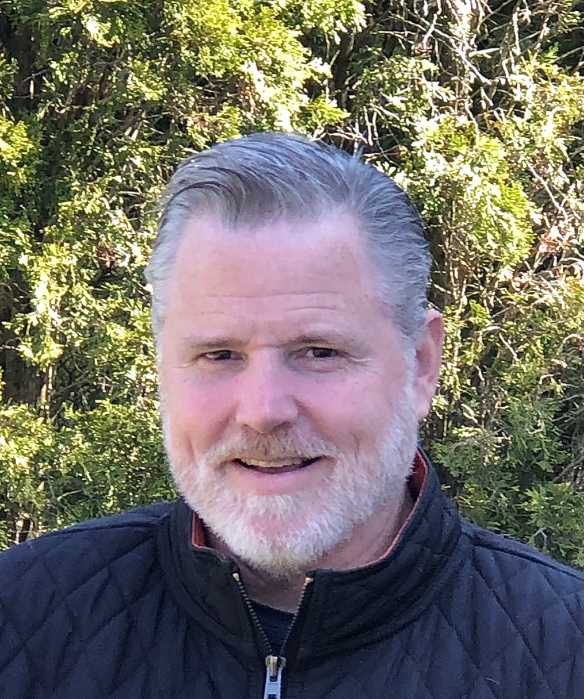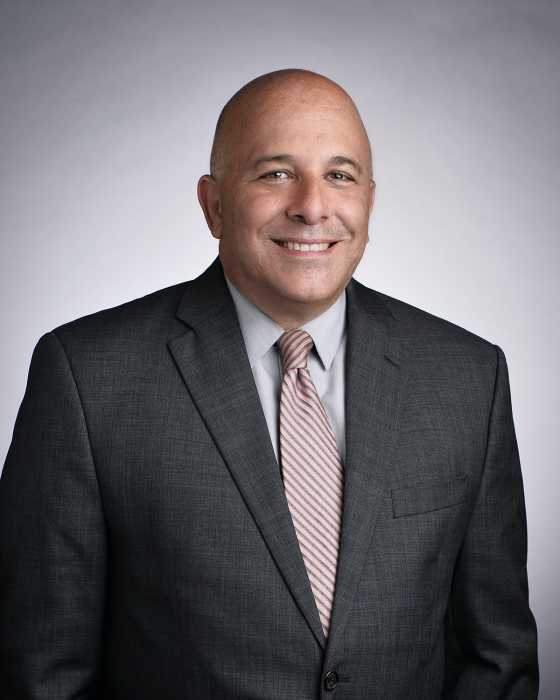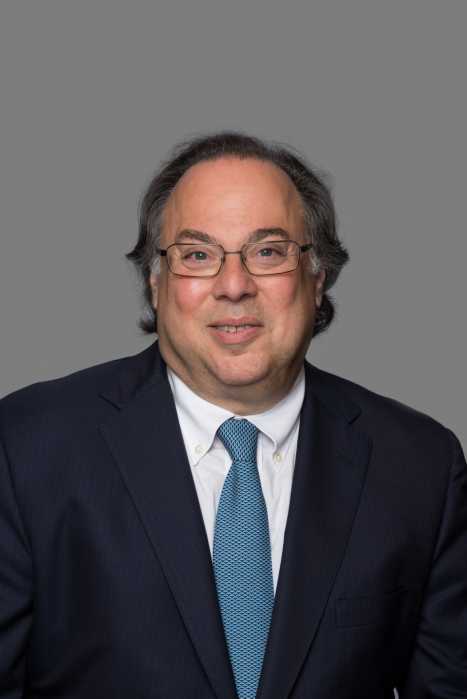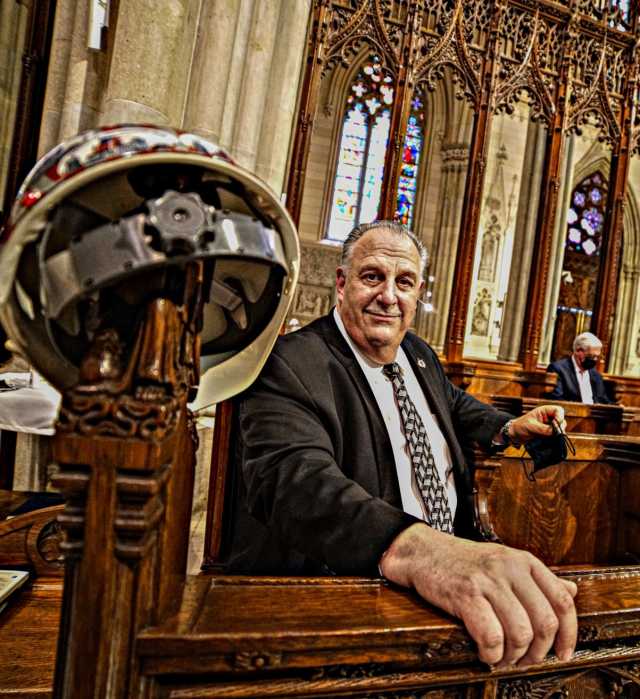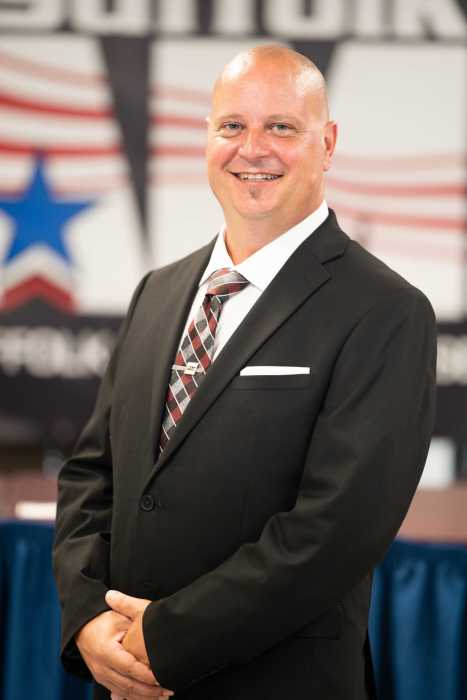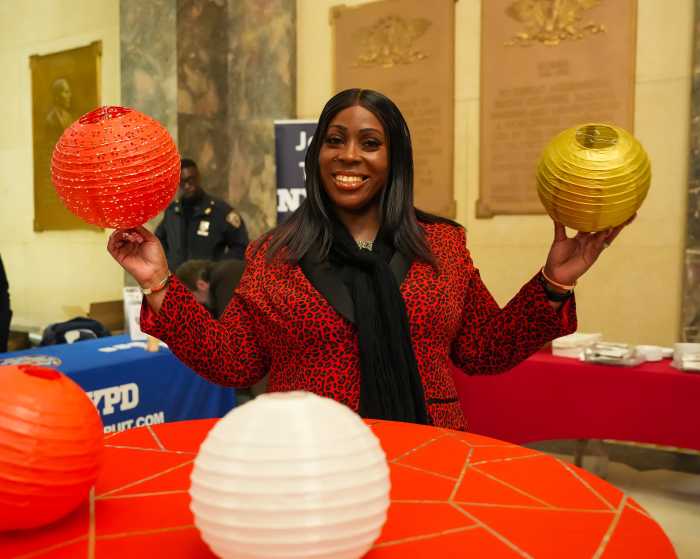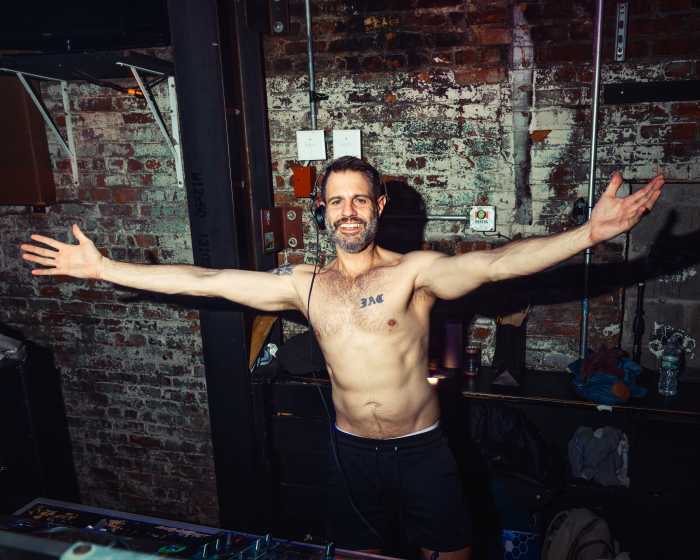Daniel J. Kane, Jr., a member since 1984 and a fourth-generation Teamster, is the president of Local 202, a 4,500 member Local responsible for supplying the New York City area with the food that millions of New Yorkers eat every day. During his career he has been responsible for the building of an organization that works on behalf of working men and women from New York City, to Hawaii, to Guam.
Dan started his career on the loading docks of the Hunts Point Market. He became the secretary-treasurer of Local 202 in 1991 and served in that capacity until being elected president of the Local in 1999. Dan has served on the Teamsters Joint Council 16 Executive Board, having held the office of secretary-treasurer.
Over the years his dedication has played an important part in working with the communities and elected officials in rebuilding the South Bronx. Many construction projects past and present are a direct result of Dan’s efforts.
Dan is also the Eastern Region Warehouse director for the Teamsters, which represents thousands of members from Maine to North Carolina and is a former board member of the Labor Research Association.
Dan is also a member of the Irish American Labor Coalition, an organization founded to support human rights in Northern Ireland.
During his career, Dan has also earned a Bachelor of Science degree in Labor Relations from Empire College.


